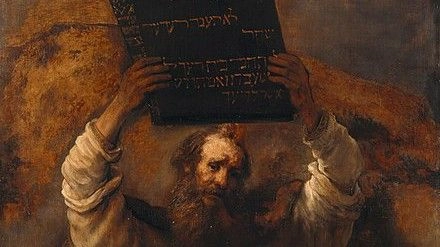The Mystery of Moses and the Origin of Genesis: A debate worth having
Share this article

For centuries, the story of Moses has stood as a pillar of faith, history, and tradition. His name is synonymous with leadership, liberation, and the divine law. Yet, a fundamental question lingers: Did Moses truly exist as a historical figure, or is he a legendary construct woven into the fabric of religious tradition? And if Moses did exist, did he really write the book of Genesis, or is its authorship more complex than we assume?
Religious texts, particularly the Torah, present Moses as a prophet who led the Israelites out of Egypt, received the Ten Commandments, and guided his people through the wilderness. But outside these scriptures, historical evidence is sparse. Unlike Egyptian pharaohs or Babylonian kings, Moses leaves behind no direct archaeological trace. Does this absence of evidence discredit his existence, or does it simply reflect the nature of ancient history, where records were selective and often destroyed? Some argue that Moses’ story shares similarities with other ancient myths—infant rescue narratives, divine callings, and laws handed down by gods. Does this suggest that Moses was a symbolic figure, representing the collective struggles of the Hebrew people rather than a single historical individual? Or does the sheer consistency of his narrative across religious traditions suggest that he was, indeed, real?
Tradition holds that Moses wrote Genesis, along with the entire Torah. Yet, Genesis itself is written as a historical account, with no first-person references to Moses. How could he have written a book that describes events long before his own time—creation, the flood, and the lives of Abraham, Isaac, and Jacob? Scholars propose that Genesis was composed from multiple sources—oral traditions passed down through generations, later compiled by scribes. The Documentary Hypothesis suggests that different authors (often labeled as J, E, P, and D) contributed to the Torah, raising the question: Was Genesis written by Moses, or was it an inspired compilation, finalized long after his time?
If Moses was a real historical figure, why is there no independent evidence outside religious texts? If he was not real, how do we explain the depth and continuity of his influence across Judaism, Christianity, and Islam? If Genesis was not written by Moses, who then preserved and recorded the earliest stories of human existence? These questions remain open, inviting perspectives from faith, history, and critical scholarship.
So, what do you think?
